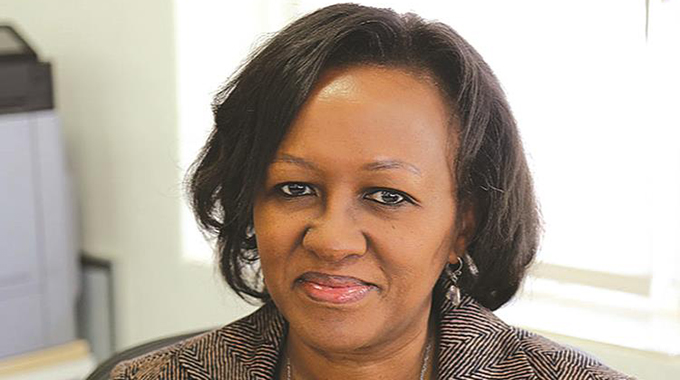On 8 October 2020, the World Bank (supported by the Zimbabwe Reconstruction Fund) and the Zimbabwe Statistics Agency (ZIMSTAT) held online dissemination of the first round of results of the Rapid Poverty Income and Consumption Expenditure Survey (PICES) conducted by telephone among 1,747 households during July 6–24, 2020 to measure the socio-economic impact of COVID-19 in Zimbabwe.
In his opening remarks, Mukami Kariuki, the World Bank Zimbabwe Country Manager acknowledged the considerable strides made by ZIMSTAT in not only completing these surveys but in releasing microdata to researchers.
“The anonymized micro-data of many household surveys are now available from the ZIMSTAT website, triggering large amounts of poverty research. These will no doubt enrich the policy debate in Zimbabwe, but also the planning process, and help underpin these with evidence.
“After the outbreak of COVID-19, the World Bank prepared a prototype for a telephone survey that could quickly assess the poverty impact of the pandemic in our client countries. These were adapted to specific country needs in close collaboration with the national statistical institutes. These surveys were subsequently implemented in nearly every country where the World Bank is active,” Kariuki said.
The presentation yesterday targeted government officials, NGOs, academics, development partners and the media. The aim is to help the audience better understand how the pandemic has affected people’s lives and, based on that, design the best possible mitigation measures.
Taguma Mahonde, the ZIMSTAT Director-General said the survey will provide critical information on the consequences of the pandemic on households and inform national discussions on which population groups may be affected most.
The survey will provide the evidence base for any mitigation programs that may be considered. The World Bank is currently working with multiple statistical offices across the world to test and roll-out this survey tool.
Mahonde said like all organizations, ZIMSTAT suspended most surveys in March following the announcement of the lockdown procedures in March 2020. During that time ZIMSTAT was conducting the Population Census Mapping and listing of households. ZIMSTAT was at that time planning face to face monthly interviews for a year to capture the impact of the economic problems on the 2017 PICES households. That was no to be as all work had to be suspended. Hence ZIMSTAT decided to proceed by way of telephone surveys on the Mini PICES households of 2019.
The project will run on a monthly basis from June 2020 to February 2021, with the first round starting in mid-June 2020 and the follow up rounds in the subsequent months. The Zimbabwe National Statistics Agency has made significant progress so far evidenced by the successful collection of data from 1774 households in the first round and 1664 in the second round. This survey is using the computer assisted personal interviews (CAPI) method of data collection.
The objective of the survey is to assess the social impact of the covid-19 pandemic and inform mitigation measures. Specifically:
- Understanding household knowledge, perspectives and behavioral responses to COVID-19
- Monitoring household access to food, medicine, water, education, and government assistance
- Assessing the economic impacts on wage workers, family business, farming and non-labour income
- Tracking COVID-19 impact on food security, welfare, confidence
- Providing evidence to support programs and improving targeting and management
The sample is representative for the urban and rural population, detailed information on household characteristics and baseline data on consumption and income earning patterns as well as social assistance access are available for most of these households. The sampling frame is based on the Mini-PICES 2019. Due to the attrition and non-response rate of telephone data collection, the survey will start with all households who provided phone numbers to maintain an adequate sample size throughout the survey implementation period.
Monthly data analysis: After each round of data collection, ZIMSTAT will be responsible for data cleaning, preparing summary statistics. In-depth statistical analysis should be conducted to track changes over time. The World Bank team will provide technical support where needed. It is also important to note that ZIMSTAT is also working with UNICEF who are providing technical and financial support to the project.
“Ladies and gentlemen, in line with the amended section 17 of the Census and Statistics Act of 2007, we continue to release anonymized micro on the ZIMSTAT website.
“In conclusion, ladies and gentlemen, I would like I wish to express my profound gratitude to the Government of Zimbabwe, ZIMREF, World Bank, and development partners for their support throughout the exercise. I would also like to thank the respondents who provided the information during the 2020 Rapid PICES first round and second round surveys,” Mahonde said.






